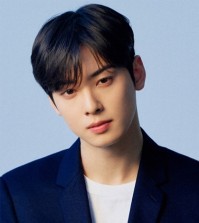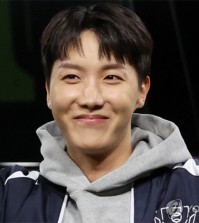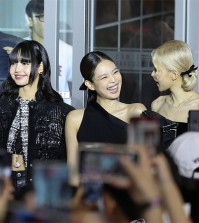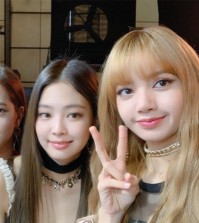- California Assembly OKs highest minimum wage in nation
- S. Korea unveils first graphic cigarette warnings
- US joins with South Korea, Japan in bid to deter North Korea
- LPGA golfer Chun In-gee finally back in action
- S. Korea won’t be top seed in final World Cup qualification round
- US men’s soccer misses 2nd straight Olympics
- US back on track in qualifying with 4-0 win over Guatemala
- High-intensity workout injuries spawn cottage industry
- CDC expands range of Zika mosquitoes into parts of Northeast
- Who knew? ‘The Walking Dead’ is helping families connect
Ban Ki-moon – South Korea’s next president?
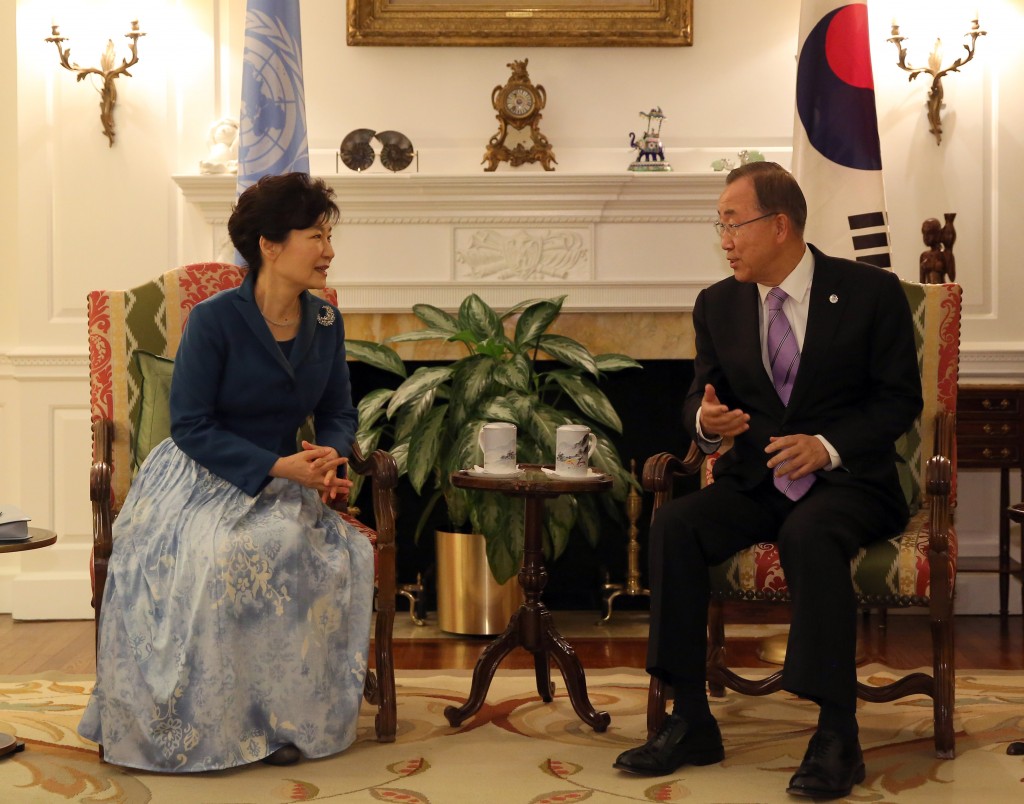
Kwon Roh-kap, an adviser to the (NPAD), told reporters that Ban Ki-moon’s aide came to him to discuss the possibility of Ban running for president on the NPAD ticket.
U.N. Secretary General Ban Ki-moon is avoiding a discussion about a potential presidential candidacy for the 2017 South Korean election despite his rising popularity among the citizens.
The 70-year-old career diplomat finds himself at the center of a tug-of-war between the National Politics Alliance for Democracy (NPAD) and Saenuri political parties. Both appear eager to recruit Ban in the next few years leading up to the election.
Kwon Roh-kap, an adviser to the (NPAD), told reporters that Ban’s aide came to him to discuss the possibility of Ban running for president on the NPAD ticket.
The information by Kwon, an old political hand who worked under the the late President Kim Dae-jung, should not be taken at face value though as he refused to reveal details about the meeting including the identity of the aide in question.
Political watchers believe Ban’s credentials and ideological beliefs align better with the ruling Saenuri Party.
A recent public poll by Hangil Research showed that nearly 40 percent of respondents supported Ban, while 13.5 percent backed Seoul Mayor Park Won-soon, a potential NAPD candidate.
“It is possible that Ban will run in the next presidential election,” said Prof. Chung Goon-gi at Hongik University.
On the other hand, Yoo Ki-june, a Saenuri Party lawmaker, last month quoted Ban as saying that he was not interested in the job.
“Don’t count him out because he has just published a new book about himself,” Chung said. “People often publish a biography before launching a political career.”
Hong Hyeong-sik, director of Hangil Research, echoed those sentiments.
“Ban couldn’t run for the 2012 elections because of his UN commitment, but this time he has not made it clear whether he plans to run for president,” Hong said.
He added that Ban’s outstanding international credentials will certainly help him as leader of Korea.
Shin Yul, a political professor at Myongji University, said Ban may currently be weighing out the pros and cons of the situation.
“Ban had better not show his interest now,” Shin said, adding that it could be more beneficial to wait and announce his plans in the election year.
With no strong potential candidates, the Saenuri Party was the first to start courting Ban.
Shin said that Ban could certainly represent the Saenuri Party, citing the NPAD’s low popularity.
Hong said Ban’s popularity comes from conservatives who are 50 or older.
“Ahn Cheol-soo gained popularity through his meetings with the young generation who expected him to resolve their pending issues such as unemployment,” Choi Chang-ryul, a politics professor at Yongin University, said. “For Ban, his popularity has grown because of the public’s deep-seated distrust of politics and his wealth of experience at the U.N.”








